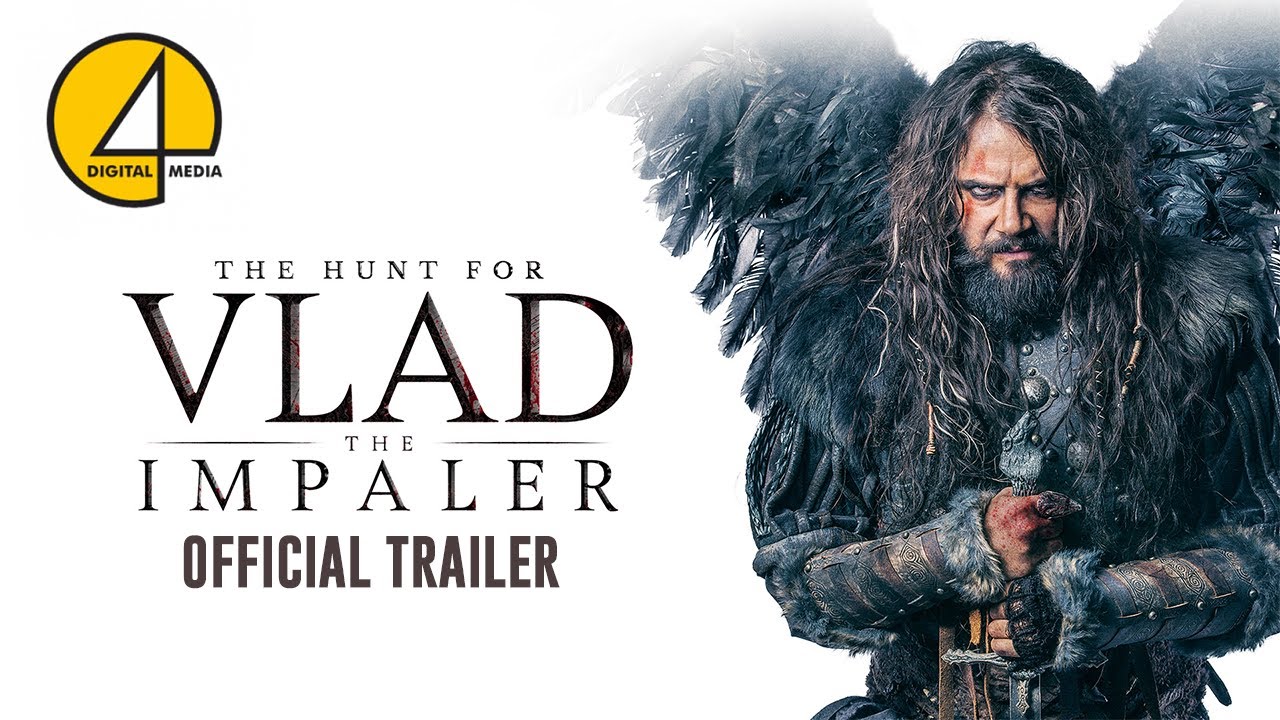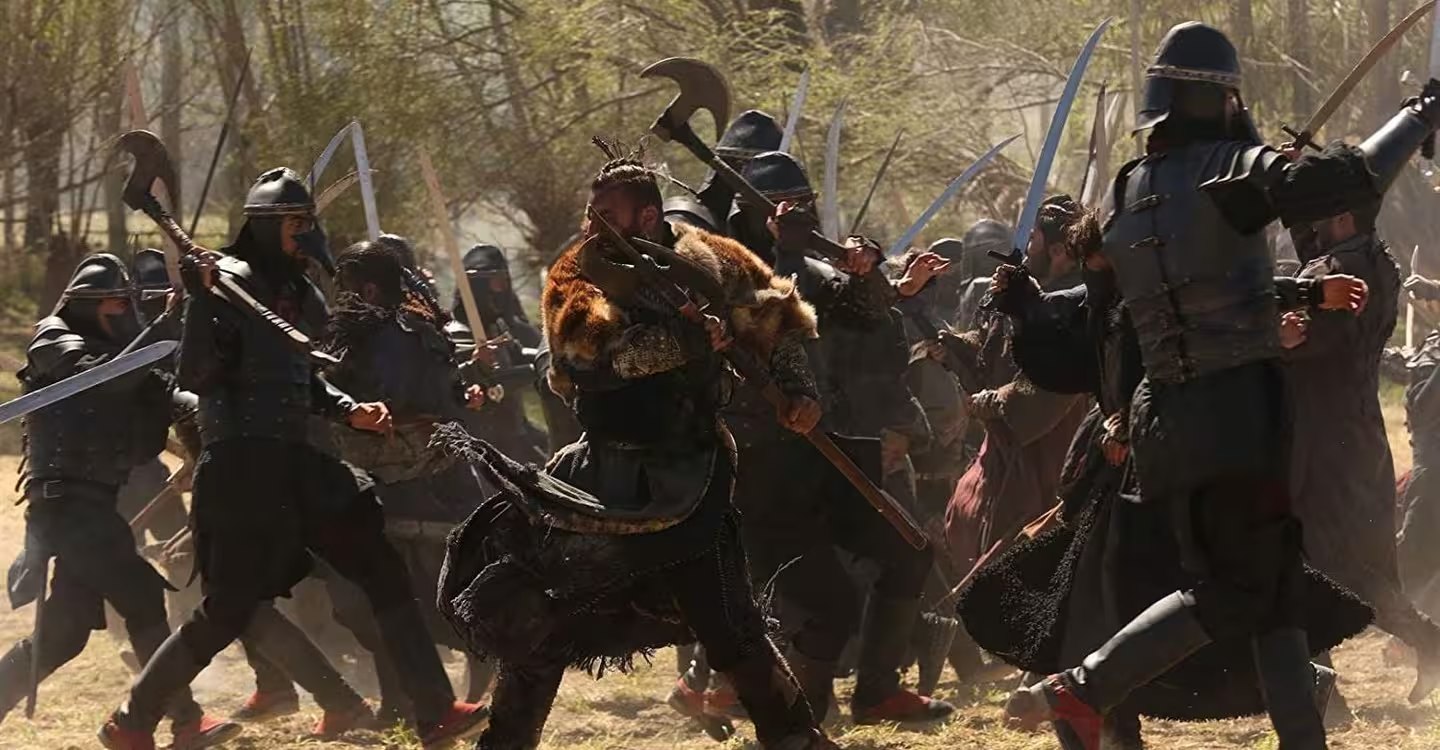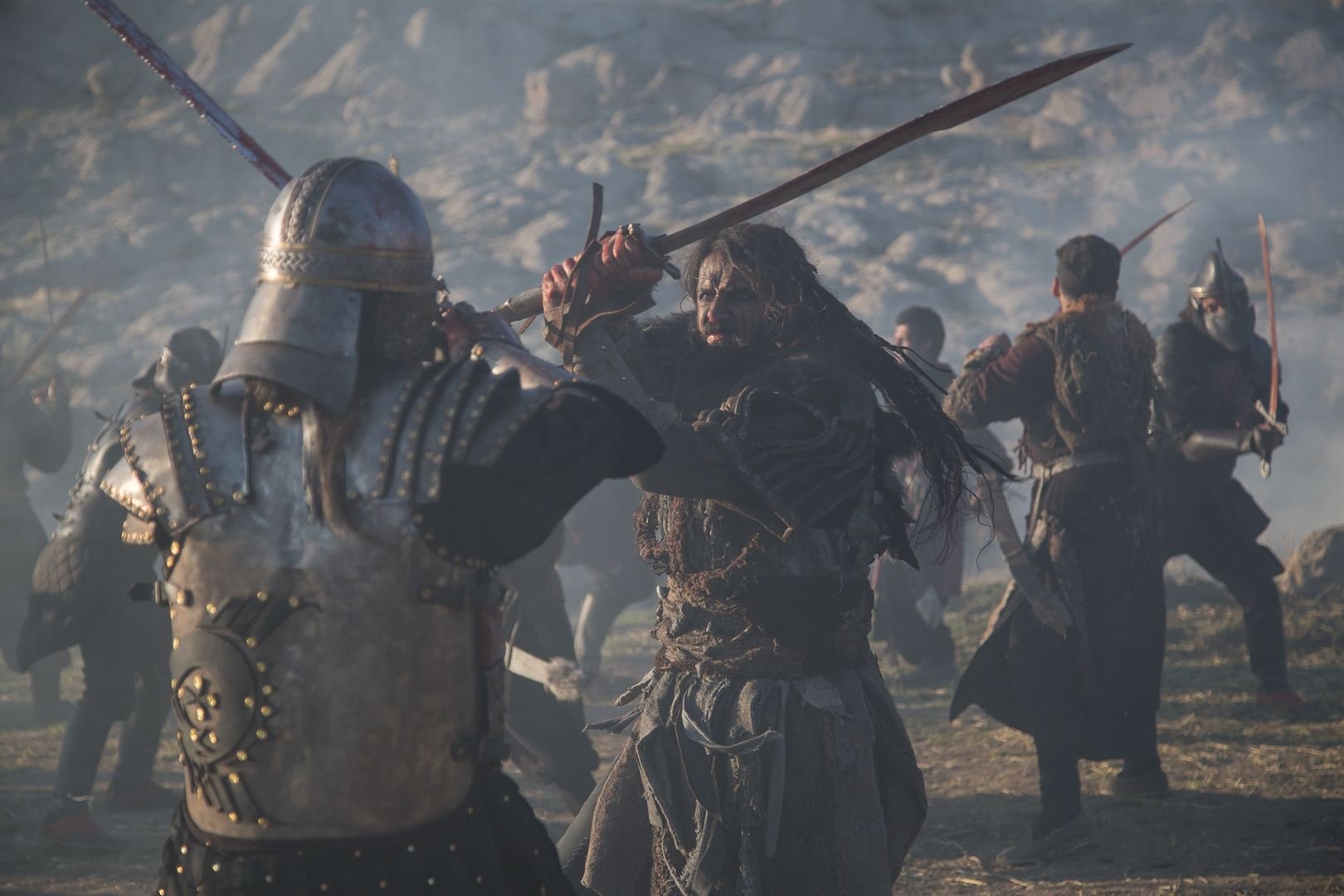Vlad the Impaler (2018)

“Vlad the Impaler,” directed by Osman Kaya and released in 2018, is a Turkish historical action film that plunges audiences into the turbulent 15th century during the zenith of the Ottoman Empire. The film masterfully intertwines history with cinematic spectacle, immersing viewers in a world of political intrigue, warfare, and cultural clashes. Centered around a group of elite Ottoman warriors known as the Deliler, or “The Madmen,” the film presents a gripping narrative that explores the confrontation between these warriors and the notorious Vlad the Impaler, the infamous ruler of Wallachia.
At the heart of the film is the complex character of Vlad the Impaler, portrayed with both menace and depth. Vlad is depicted not merely as a tyrant but as a ruler shaped by the tumultuous circumstances of his time. His brutal methods of ruling, often shrouded in folklore and legend, are given context, allowing audiences to understand the motivations behind his actions. This nuanced portrayal adds layers to his character, making him a compelling figure in the realm of historical drama.
The Deliler warriors serve as the film’s protagonists, embodying courage and loyalty in their perilous mission. Their camaraderie and shared purpose create a strong emotional core, drawing viewers into their journey. Each warrior is given a distinct personality, and their interactions highlight the themes of brotherhood and sacrifice. As they navigate the dangers of their quest, the film emphasizes the bond forged in the fires of conflict, resonating deeply with audiences.
Visually, “Vlad the Impaler” is striking, with cinematography that captures the grandeur of the period. The battle sequences are choreographed with precision, offering a visceral depiction of the chaos and brutality of 15th-century warfare. The film balances action with moments of introspection, allowing for character development amidst the adrenaline-fueled encounters. This interplay between action and narrative depth is a hallmark of successful historical films, and Kaya’s direction ensures that the stakes remain high throughout.

The film also explores themes of power, honor, and the moral ambiguities of warfare. As the Deliler confront Vlad, they grapple with the consequences of their actions and the nature of justice. The film raises important questions about the cost of loyalty and the fine line between heroism and tyranny. These themes resonate beyond the historical context, inviting viewers to reflect on contemporary issues of power and governance.

Moreover, “Vlad the Impaler” delves into the cultural tensions of the era, portraying the clash between the Ottomans and the European states. The film does not shy away from addressing the complexities of identity and heritage, offering a nuanced depiction of the struggles faced by both the Ottomans and their adversaries. This exploration of cultural conflict adds richness to the narrative, enhancing its relevance to modern audiences.

In conclusion, “Vlad the Impaler” is a captivating historical action film that successfully combines gripping storytelling with stunning visuals. Directed by Osman Kaya, the film offers a multifaceted portrayal of its characters and the tumultuous era in which they live. Through its exploration of power, honor, and cultural clashes, the film transcends mere action, inviting viewers to engage with deeper themes of humanity. Ultimately, “Vlad the Impaler” stands as a testament to the power of storytelling in illuminating the complexities of history while delivering an exhilarating cinematic experience.











